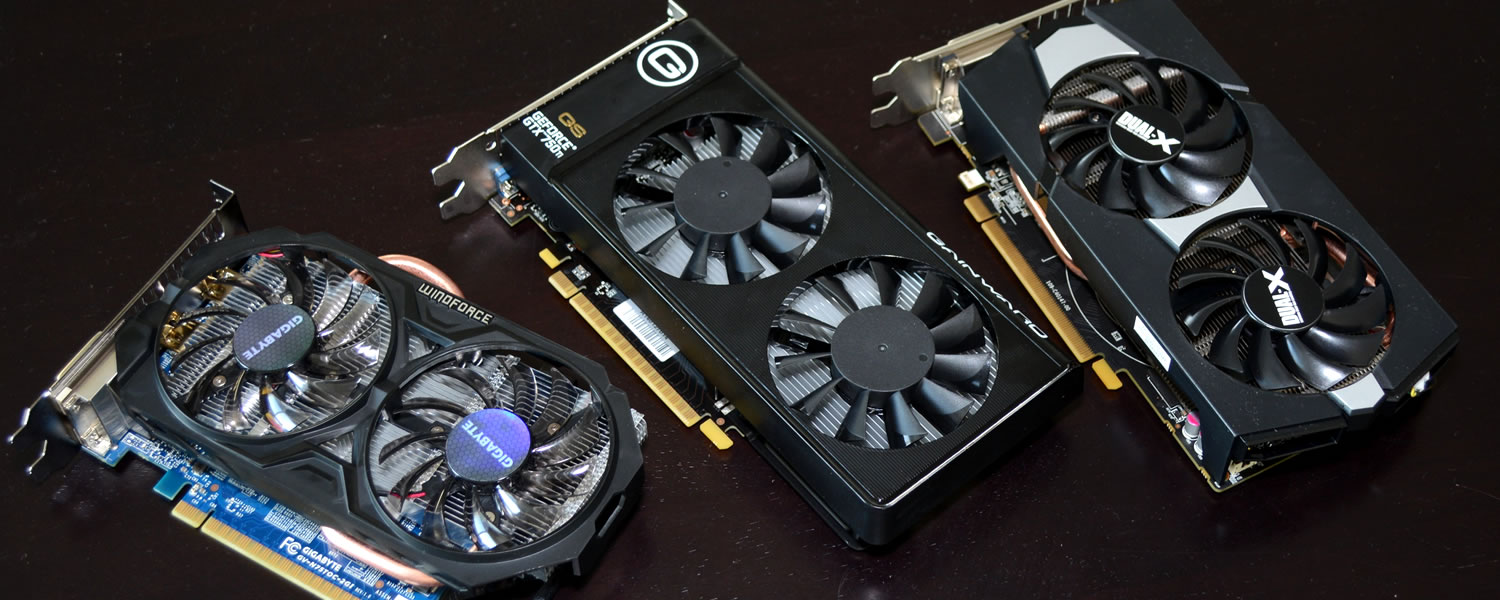And Best GPU at $150 Goes to...
On paper we worried that the GTX 750 Ti carried 17% less CUDA cores and 38% less TAUs than the GeForce GTX 650 Ti, however once the results were in we were glad to see it's actually 22% faster than the GTX 650 Ti on average while consuming roughly the same amount of power – slightly less in most cases. That's a tremendous upgrade over 2012's Kepler-based offering, while remaining at the same price point.
The bigger picture is that Maxwell cards with similar specifications to those based on Kepler should be significantly faster while consuming about the same amount of power. It's also worth noting that Nvidia's efficiency gains allow for compact cards with plenty of overclocking headroom. We got an extra 26% out of the GM107 core as we hit 1290MHz from 1020MHz versus a 17% boost on the Radeon R7 265.
Yet we have a hard time recommending the GTX 750 Ti over the R7 265 as the Radeon offers 13% more performance (on average) and over 20% in games such as Battlefield 4. AMD's solution consumed 32% more power than Nvidia's, though in the games we tested during that scenario the R7 265 was also 24% faster, so that point is moot. Again, on paper, assuming both cards are available for $150, the R7 265 is a better buy.
But given how unreliable AMD's pricing info has been lately we wouldn't be surprised if the R7 265's $150 suggested retail price isn't met. The R7 265 was unveiled last week but retailers have yet to receive stock. Additionally, AMD told us last week that the older R7 260X would be dropped to $120, but that hasn't happened yet either. These inconsistencies make it hard to draw a final recommendation since we don't know where final pricing is going to be today or a few weeks from now.
In spite of the GTX 750 Ti's efficiency gains, solid overclocking and low power requirements, it doesn't offer enough oomph compared to the R7 265 if both cards were to be sold at $150. We suspect most gamers would prefer a 10fps performance boost to a 40-watt power savings, especially in a price bracket where every frame counts – though if that isn't the case for some reason, you can still expect playable performance in most of today's titles.

